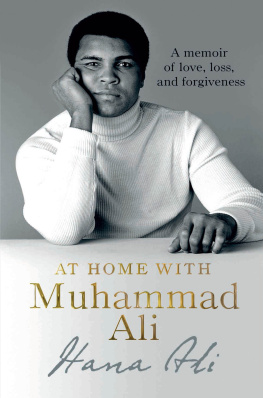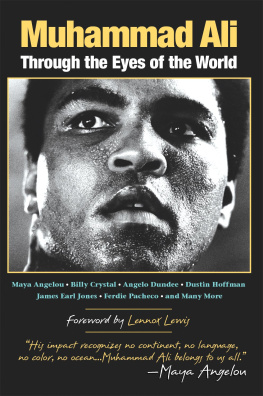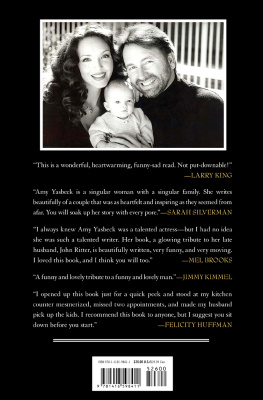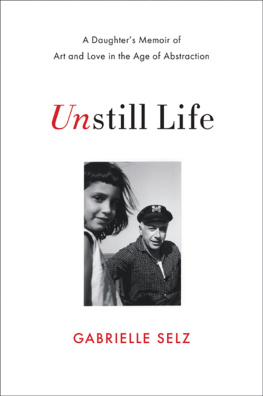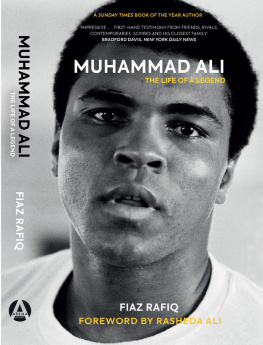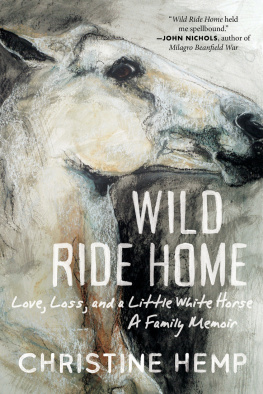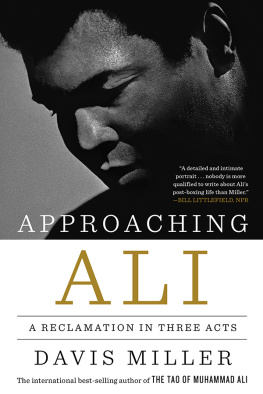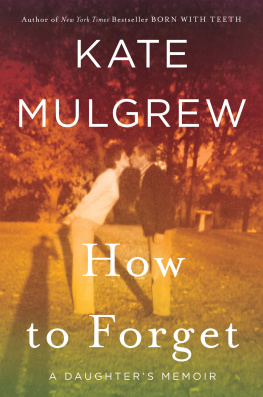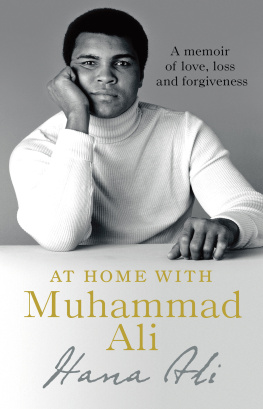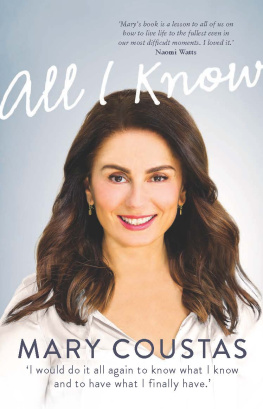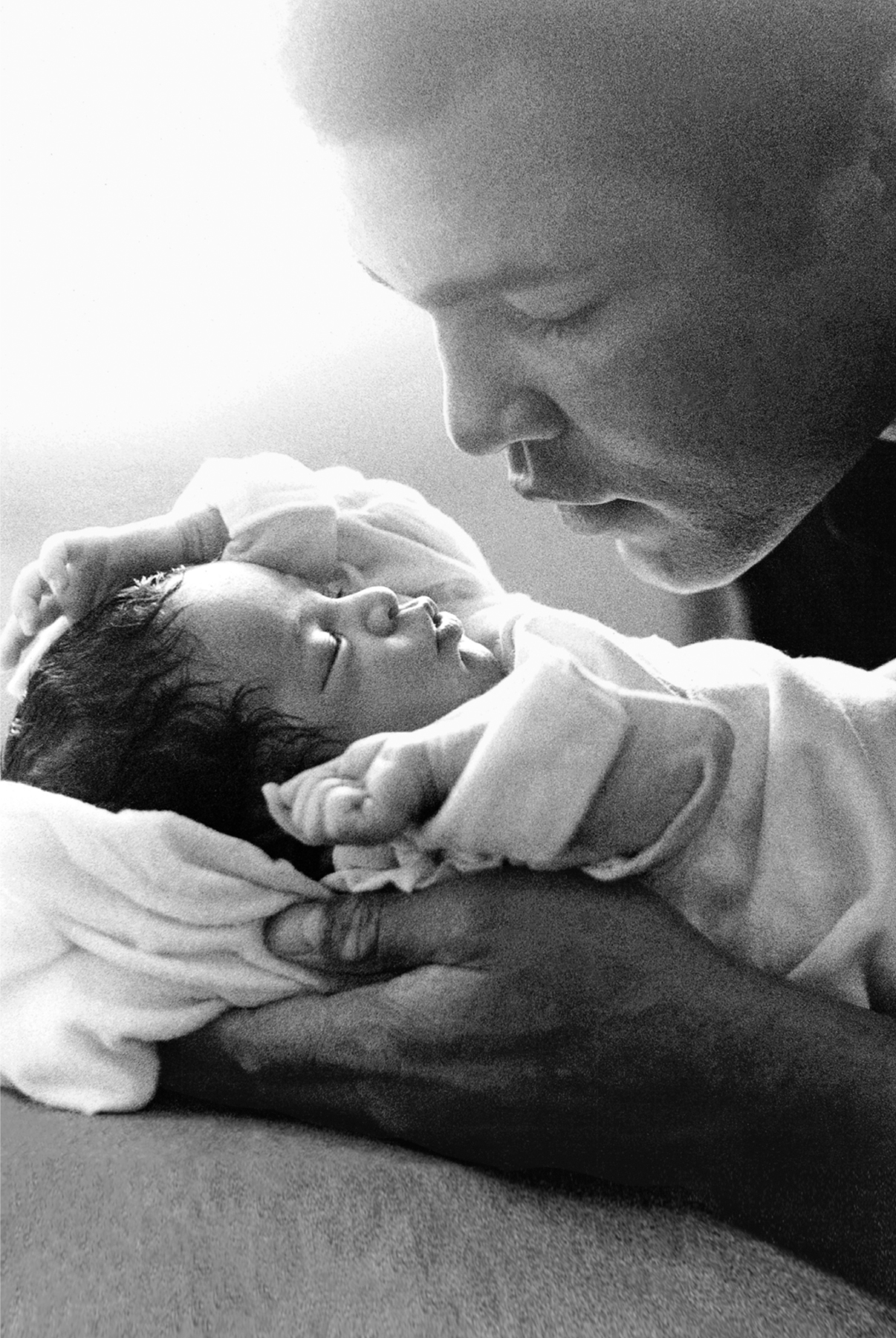
Michael Gaffney
For my ineffable father, the love of my life.
If tears could build a stairway and memories
were a lane, I would walk right up to heaven
and bring you back again...
Contents
Nothing inspires like love: love for life, love for our family and friends, love for our husbands or wives, and love for our parents and our children. It is love that makes the pain worth bearing, the heart worth chancing, and love that saves us after weve risen and fallen, only to rise and fall again. As the great romances of our timeA Farewell to Arms, Doctor Zhivago, The Notebook, The Great Gatsby, The Bridges of Madison Countyeternally express, love is all-consuming.
Its been said that my father is one of the most written-about people in the world. As the chronicles continue to grow, the deepest, and most essential, essence of his spirit is still largely unknown.
My father once said: Ive been an actor my entire life. I wrote my own lines. I directed my own scenes. I starred in my own plays. I sold my own legend! Have you ever wondered what happened after the curtain fell, the final song, and the last bow? Have you ever wondered what went on behind the scenes, in the everyday private life of, arguably, the worlds most famous man? What dreams he planned, what fears he endured, or the kind of parent he was to his nine children?
This is a love story. About a husband and the wife he lost, a father and the children he adored, and a man and the world that admires him. It is also the tale of a little girl and her adventures with her beloved fatherthe joy and laughter, the pain and sorrowand the memories of her childhood home. Brought together here, through a confluence of audio recordings, love letters, diaries, and family photos, this memoir paints a candid portrait of Muhammad Alis untold family legacy.
We all know about the eighteen-year-old Olympic gold medalist who went on to become the worlds greatest champion, winning the heavyweight title for the first time at the age of twenty-two. With his quick wit, remarkable confidence and dazzling speed, he danced rings around his opponents while rhyming and predicting the rounds in which they would fall.
Youve probably read about his religious conversion, when he changed his name to Muhammad Ali, and the stand he took refusing to fight in the Vietnam War on religious and moral grounds. Before entering the induction room on the morning of April 28, 1967, he was offered dealstold that he could perform boxing exhibitions and never see the battlefieldbut he refused to compromise his principles. When the hour of truth arrived, and the name Cassius Marcellus Clay Jr. was called at the induction center, Muhammad Ali stood perfectly still. He knew in advance there would be consequences, and he was ready to pay the price of freedom.
Never wavering in his resolve, he would be unjustly stripped of his heavyweight title, banned from boxing, fined thousands of dollars, sentenced to five years in prison, and have his passport revoked. He lost three and a half of his prime fighting years, then on June 28, 1971, the Supreme Court unanimously overturned his conviction. And we all know about his return to glory and the legendary fights that followed.
In the late 1970s my father began making a series of audiotapes, mostly in our Los Angeles home. He chronicled nearly a hundred hours of memories and conversations on various topics and issues. My father always had his own way of doing things. His audio diaries are his unique efforts at recording his own legacy.
If anyone is wondering why I, Muhammad Ali, am making these tapes, its because history is so beautiful. And, at the time were living, we dont always realize it...
Someone once told me my father is like an impressionist paintinga beautiful, complex work of art. Up close, you can see the brushstrokes, the fine details, but you need to step back to see the whole canvas.
In these pages, which link the golden and sometimes shadowy barriers between the past and present, I offer you this unique gift: a glimpse deep into my fathers heart. When observing him closely, you may find that sometimes his colors clash and contradict one another, but they never overshadow his natural lighthis true nature.
To know the spirit of the Man, Muhammad Ali, and understand his heart and mind, you must walk the path he traveled and experience the overwhelming responsibilities he felt. While no book can recapture the magic, nor the inspiration, of his entire life, I hope At Home with Muhammad Ali will personify and extend his spiritand show my father as he truly was: a remarkable human being with extraordinary qualities and human flaws. More importantly, a gentle father, patient and caring, with a heart purer than most will ever know.
Many athletes, and men in general, have reputations for being absent fathers. They have children theyve never seen or taken financial responsibility for. Its important to my fathers legacy that the world knows how much his children meant to him and how hard he worked to keep us united. How he remained friendly with all his ex-wives and was exceptionally generous when the relationships ended. You learn a lot about a persons character by observing the way they handle their mistakes. My father wasnt perfect, nobody is, but he owned up to his responsibilities. He never pointed fingers or made excuses for himself. He always provided for his children and our mothers. He is a father who adored his kids. Everything he did was for the livelihood of his family.
The prevailing questions asked of my siblings and me over the years are How does it feel having Muhammad Ali as a father? and What was he like at home?
I was born on August 6, 1976, the eldest of two daughters from my fathers third marriage to Veronica Porche. Its been an incredible and adventurous experience, but as you will see, growing up Muhammad Alis child wasnt always pain-free.
Like any family, weve had ups and downs, sorrows and regrets, happy and unpleasant memories. The difference is we had to share our dad with one another, and the world.
My father had Maryum (May May), Rasheda, Jamillah, and Muhammad Jr. with his second wife, Belinda Boyd. He had Laila and me with his third wife, Veronica Porche, and two children, Miya and Khaliah, with women he was never married to, Pat and Aaisha. In 1989, he and his widow, Lonnie, adopted a son. Asaad was born long after my father made his recordings, so he isnt mentioned often in this book, but Asaad is an important part of his heart and legacy.
Dad never had children with his first wife, Sonji Roi, who once said to his eldest daughter, Maryum, You should have been mine.
Although, as his children, our stories differ, and each of our experiences is unique, we share this in common: throughout our lives, our father showered us with unconditional love and affection. I often told my dad he was the eighth wonder of the world. He was complicated in so many ways, yet simple in others. In his ability to show both compassion and forgiveness, he stood uniquely alone. As writer Steven Leckart once said to me, he witnessed the worst in people and still somehow retained the best in himself. In my eyes, he will always be the measure of greatness.
He was an Olympic gold medalist, a three-time World Heavyweight Champion, a conscientious objector, an Ambassador of Peace, and a hostage negotiator. He has ignited the Olympic cauldron and received the Presidential Medal of Freedom; now loved and admired for the same reasons he was once despised and scorned, hes lived the life of a hundred men. Yet the role he cherished most was being a father.

